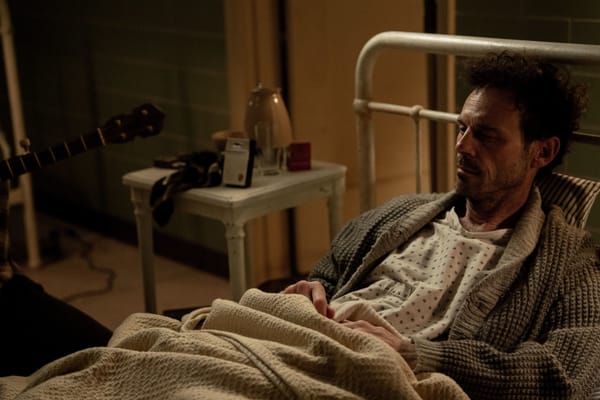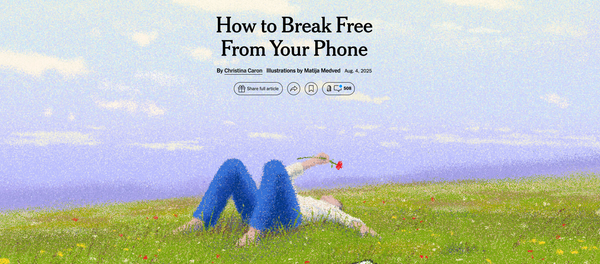Looking Ahead: Care and Play

Of course, there are plenty of cross-cutting big ideas that don't fit neatly into the categories we've been looking at this week: cognitive, social, and cultural.
By way of a preview of upcoming weeks, let me share some quotes about two such big ideas: care and play. We'll dive into each soon.
I think part of why I fell in so tightly with the community of researchers I joined through the Media and Social Change Lab and other networks of connection at Teachers College was that my training as a priest helped me take for granted something that these researchers value deeply that gets consistently overlooked in academic circles.
As teachers, as researchers, as policy analysts; as faith leaders, as ministry developers, as storytellers—if we don't care about the people who are our companions in any educational or formational endeavors, not a lot of the rest of it will matter. Without putting care at the center, I would argue our work is quite unlikely to even be effective.
Here's the core conviction of an important recent book on care as a research methodology:
Care-based research methodologies recognize the youth who participate in research not as subjects, but as people first—whose full selves must be considered, taken seriously, and prioritized at each stage of the research process. Care-based research involves offering close attention to youth, treating youth with consideration, regard, and affection, responding to their needs in the moment and honoring their humanity. In doing so, school-based researchers can conduct rigorous and responsible research that simultaneously improves our understanding of youth’s lives, cares for their well-being, and works toward dismantling the systems that oppress them.
And when care works, when we feel safe, seen, and supported, another possibility opens up: play. It can be the first thing to go when we get stressed, or when seemingly more pressing priorities begin to dictate how we spend our time and energy. But it is absolutely essential. Here's the big claim from researcher Stuart Brown:
I have found that remembering what play is all about and making it part of our daily lives are probably the most important factors to being a fulfilled human being. The ability to play is critical not only to being happy, but also to sustaining social relationships and being a creative, innovative person.
That word "remembering" is important here, because Brown's saying this about adults. So much of our formative activity with young people is playful at its core; too little of that spirit remains when our attentions turn to adults.
That's another important sense in which I hope this space can be a playbook. We should take formation seriously, of course. But seriousness for its own sake is a kind of trap, as reflected in the finale of one of my favorite Douglas Adams essays, in which he favorably compares P. G. Wodehouse to William Shakespeare:
Shakespeare? Milton? Kets? How can I possibly mention the author of Pearls, Girls and Monty Bodkin and Pigs Have Wings in the same breath ... ? He's just not serious!
He doesn't need to be serious. He's better than that. He's up in the stratosphere of what the human mind can do, above tragedy and strenuous thought, where you will find Bach, Mozart, Einstein, Feynman, and Louis Armstrong, in the realms of pure, creative playfulness.
Let's do formation that takes us there—young and old alike.



